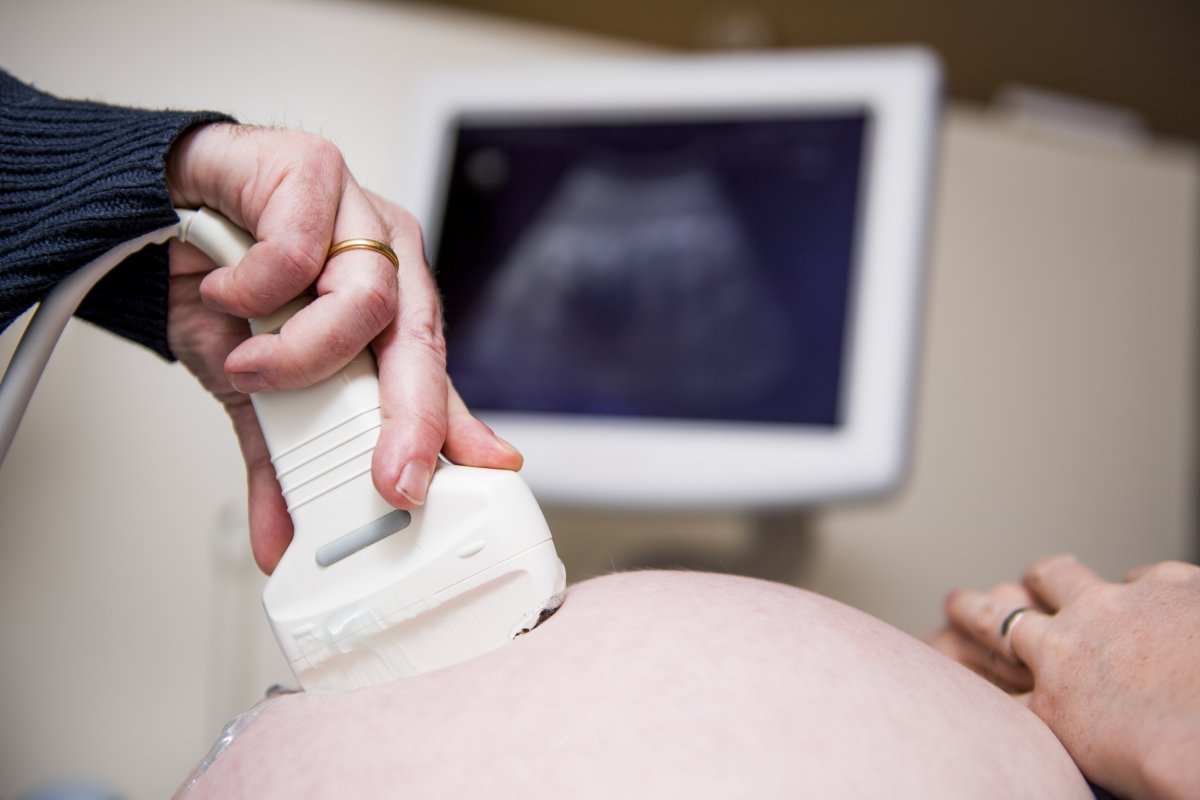The Supreme Court reconvenes on October 4, commencing a case load that features Dobbs v. Jackson Women's Health Organization, a challenge to a Mississippi law that bans abortion after 15 weeks of pregnancy. The case gives the justices an opportunity to reconsider the bogus precedent set by Roe v. Wade and Planned Parenthood v. Casey.
With Dobbs on the horizon, many Americans are increasingly hopeful that the Court will overturn Roe. As pro-life activists move closer to their goal of a post-Roe world in which abortion is unthinkable, and states have the capacity to act to protect unborn human beings, knowing when a human life starts is even more essential for everyone, particularly for younger generations. So, why are advocates neglecting the science classroom?
Acutely aware that the question of when a human life starts is the crux of the matter, the abortion industry, bolstered by Roe v. Wade's catastrophic science denial, has obscured and corrupted the scientific facts of human development for nearly a half century. But a paradigm shift is underway. Influential voices in the pro-life movement are finally focusing on the science. At the 2019 March for Life, hundreds of thousands of activists marched under the banner of "Pro-Life is Pro-Science"—a pivotal manifestation of their shifting strategy.
Dobbs exemplifies the elevated role that science is now playing in the pro-life ecosystem. The Charlotte Lozier Institute recently released a report—"15 Facts at 15 Weeks"—to disseminate the "amazing facts about the 15-week-gestation" human being. Even a cursory review of the late-term abortion case's amicus briefs reveals how the objective, empirical scientific facts of human development have strengthened the pro-life position.
And this new science strategy is yielding enhanced life-saving results. Since 2019, eight states have passed heartbeat laws. On September 21, Texas enacted its law banning abortions when there is a "detectable heartbeat," and a Rasmussen survey found that a plurality of Americans support the measure. A 2020 Notre Dame study noted that "none of the Americans we interviewed talked about abortion as a desirable good."
Many factors are in play here—but none are more important than the knowledge that all abortions end the life of an already existing human being.

Yet despite the groundbreaking work of pro-life science ambassadors, as well as the decades of awesome scientific and medical advances since Roe, most Americans remain unaware that when a human life starts is a strictly scientific matter. Worse, younger Americans are the least informed: 23 percent of 18-22-year-olds think that a human life starts at birth, and a mere 9 percent of young Democrats grasp that a human organism—a new, individual and living member of the human species—begins to exist at fertilization.
Why this disastrous knowledge gap? The crucial factor is an appalling education failure. States do not explicitly address this fundamental topic in their science classrooms, and many have adopted national science standards which talk vaguely of "embryology" but are chiefly interested in how we can "reduce human impact" on the environment. Among the 89 new pro-life bills that were passed across 26 states in the first five months of 2021, not one—not even Texas' or Mississippi's—seeks to bolster the study of the biological science of human embryology in schools.
When a human being begins to exist is an essential and relevant scientific fact that everyone can and should know. Imagine what the pro-life movement could achieve if its legislative efforts included state-level science education standards. Students could be learning about the stages of human development in the same way that they learn about the life cycle of a butterfly. The Carnegie Stages of Human Embryonic Development—the gold standard of human embryological research, codifying when a human life starts and the later onset of developmental milestones—should become as indispensable as the periodic table.
Overlooking the importance of science education would be more than a missed opportunity; it would be a fatal flaw in a post-Roe world. Sustainable, scaled transformation requires the pro-life movement to extend its gaze to the next generation by explicitly addressing human embryology in K-12 state science education standards.
Pro-life leaders must not only consider ways to promote networks of pregnancy care centers, affordable child care, housing and medical centers. They must also ensure that future generations know the accurate, objective embryological facts of human development.
The highest purpose of human law is the protection of human life, from its beginning. But people can't think about what they don't know. Which governor(s) will be the first to implement new, life saving, science standards?
Brooke Stanton is the co-author of When You Became You and the CEO of Contend Projects, a registered 501(c)(3) education organization spreading the basic, accurate scientific facts about when a human life starts and the biological science of human embryology.
The views expressed in this article are the writer's own.
Uncommon Knowledge
Newsweek is committed to challenging conventional wisdom and finding connections in the search for common ground.
Newsweek is committed to challenging conventional wisdom and finding connections in the search for common ground.
About the writer
To read how Newsweek uses AI as a newsroom tool, Click here.








